Quality management ensures that an organization, product or service is consistent. It has four main components: quality planning, quality assurance, quality control and quality improvement. Quality management is focused not only on product and service quality, but also on the means to achieve it. Quality management, therefore, uses quality assurance and control of processes as well as products to achieve more consistent quality. What a customer wants and is willing to pay for it determines quality. It is a written or unwritten commitment to a known or unknown consumer in the market. Thus, quality can be defined as fitness for intended use or, in other words, how well the product performs its intended function.
ISO 9001 remains the world’s most well-known standard, which provides organizations with a structured approach for quality management and helps them consistently provide products and services that meet and, where possible, exceed customer requirements.
Why quality management (ISO 9001) is important?
ISO 9001 is a process based standard for a Quality Management System. It isn’t a standard for how products are made – which is why it is so versatile and can apply to pretty much any manufacturing industry. It is basically a standard that controls how you do your internal processes so that the product produced meets the quality targets.
This is so important because the standard is basically a methodology to root cause issues, document them and then improve the issues. And trust me, there are always issues in manufacturing! It’s a LENGTHY process to become ISO certified, sometimes up to 18 months, so a manufacturer doesn’t embark on this certification lightly.

Related Products
-
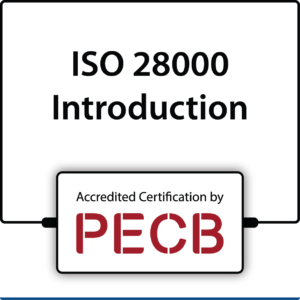 ISO 28000 Introduction Certification
ISO 28000 Introduction Certification -
 ISO 28000 Foundation Certification
ISO 28000 Foundation Certification -
 ISO 28000 Lead Implementer Certification
ISO 28000 Lead Implementer Certification -
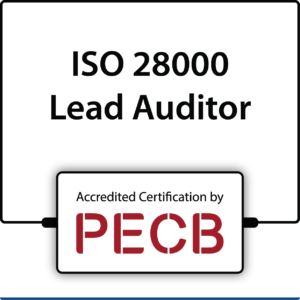 ISO 28000 Lead Auditor Certification
ISO 28000 Lead Auditor Certification -
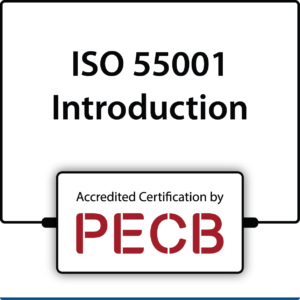 ISO 55001 Introduction Certification
ISO 55001 Introduction Certification -
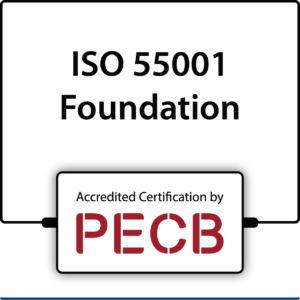 ISO 55001 Foundation Certification
ISO 55001 Foundation Certification -
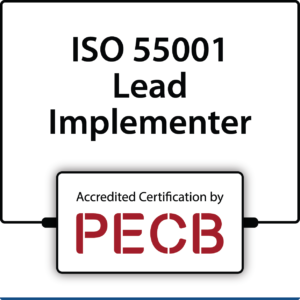 ISO 55001 Lead Implementer Certification
ISO 55001 Lead Implementer Certification -
 ISO 55001 Lead Auditor Certification
ISO 55001 Lead Auditor Certification -
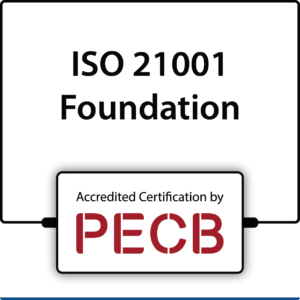 ISO 21001 Foundation Certification
ISO 21001 Foundation Certification -
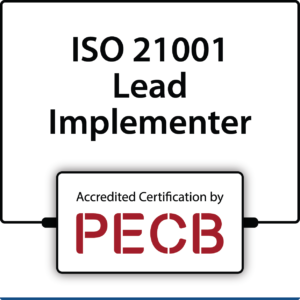 ISO 21001 Lead Implementer Certification
ISO 21001 Lead Implementer Certification -
 ISO 21001 Lead Auditor Certification
ISO 21001 Lead Auditor Certification -
 Six Sigma Yellow Belt Certification
Six Sigma Yellow Belt Certification -
 Six Sigma Green Belt Certification
Six Sigma Green Belt Certification -
 ISO/IEC 20000 Introduction Certification
ISO/IEC 20000 Introduction Certification -
 ISO/IEC 20000 Foundation Certification
ISO/IEC 20000 Foundation Certification -
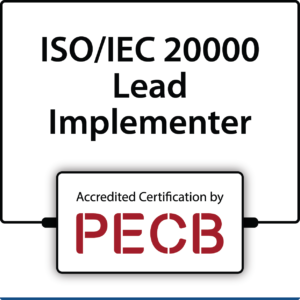 ISO/IEC 20000 Lead Implementer Certification
ISO/IEC 20000 Lead Implementer Certification -
 ISO/IEC 20000 Lead Auditor Certification
ISO/IEC 20000 Lead Auditor Certification -
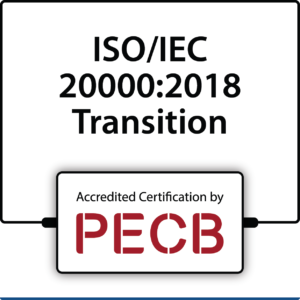 ISO/IEC 20000:2018 Transition Certification
ISO/IEC 20000:2018 Transition Certification -
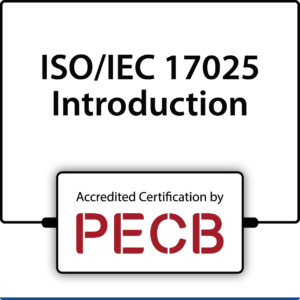 ISO/IEC 17025 Introduction Certification
ISO/IEC 17025 Introduction Certification -
 ISO/IEC 17025 Foundation Certification
ISO/IEC 17025 Foundation Certification -
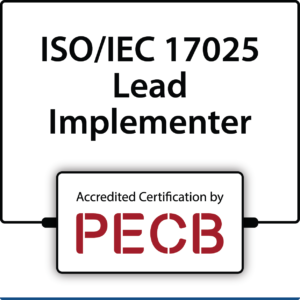 ISO/IEC 17025 Lead Implementer Certification
ISO/IEC 17025 Lead Implementer Certification -
 ISO/IEC 17025 Lead Assessor Certification
ISO/IEC 17025 Lead Assessor Certification -
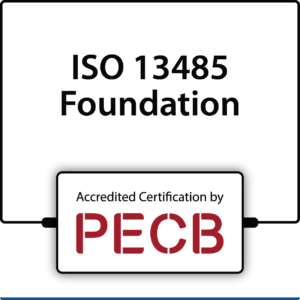 ISO 13485 Foundation Certification
ISO 13485 Foundation Certification -
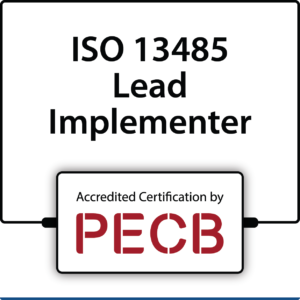 ISO 13485 Lead Implementer Certification
ISO 13485 Lead Implementer Certification -
 ISO 13485 Lead Auditor Certification
ISO 13485 Lead Auditor Certification -
 ISO 21502 Foundation Certification
ISO 21502 Foundation Certification -
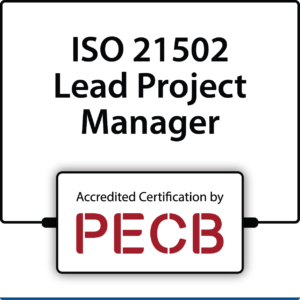 ISO 21502 Lead Project Manager Certification
ISO 21502 Lead Project Manager Certification -
 ISO 9001 Introduction Certification
ISO 9001 Introduction Certification -
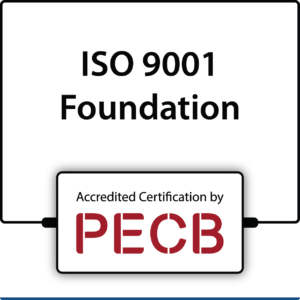 ISO 9001 Foundation Certification
ISO 9001 Foundation Certification -
 ISO 9001 Lead Implementer Certification
ISO 9001 Lead Implementer Certification